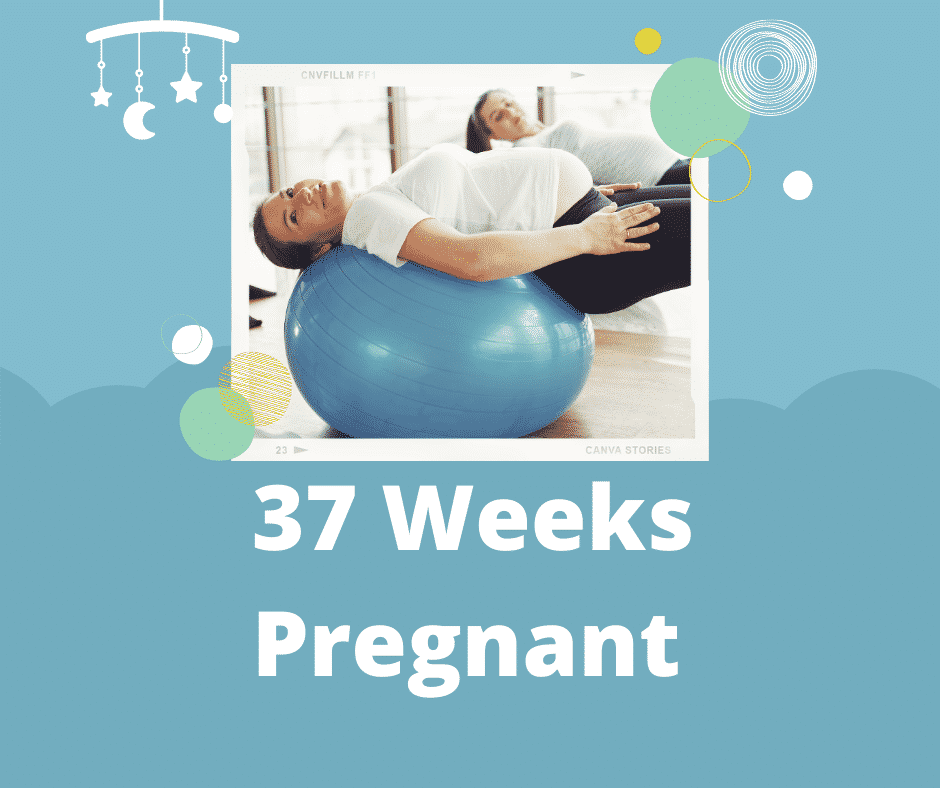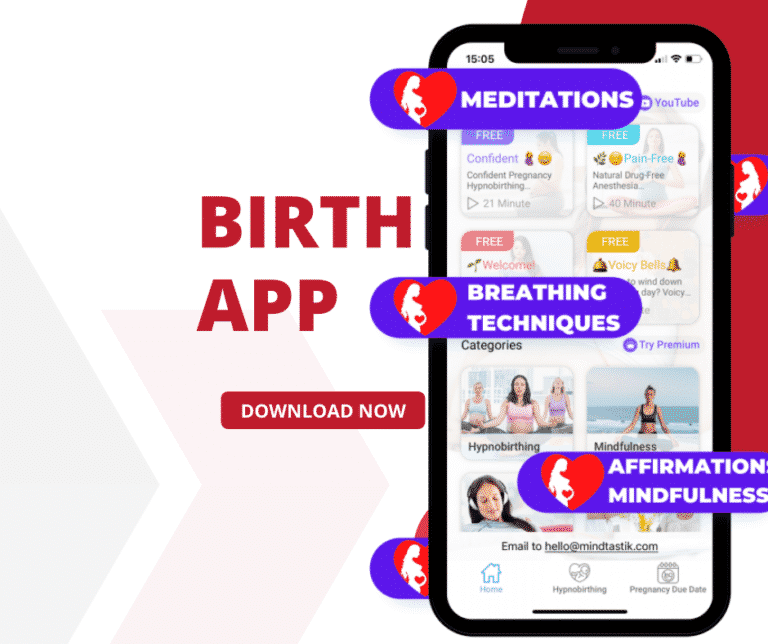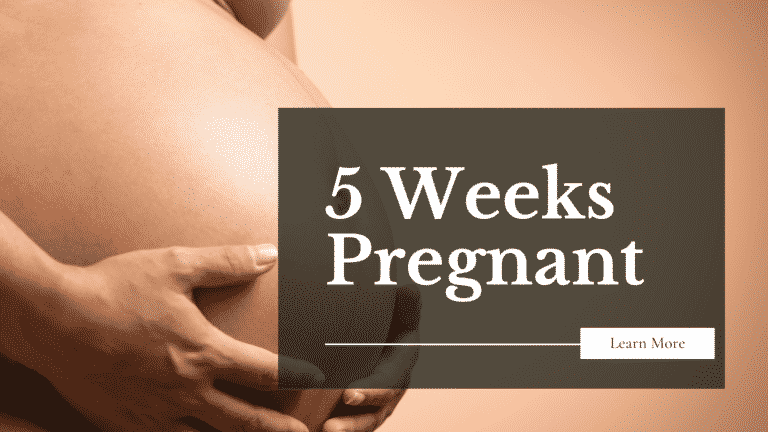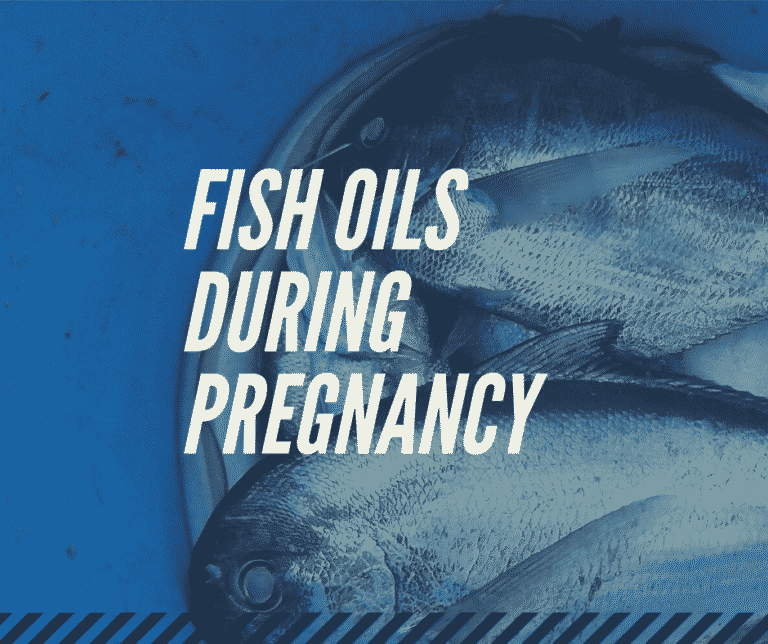37 Weeks Pregnant: Signs, Tips, Symptoms & Baby’s Development
Published on April 13, 2022 – Last Updated on October 18, 2022
37 weeks pregnant! This is the home stretch for many moms preparing for labor and delivery. You can do a few things this week to prepare for the big day. For example, make sure you have everything packed in your hospital bag. If you’re not quite there yet, don’t worry – we’ll give you a list of what to pack. Also, start thinking about who will take care of your little one once you’re in the hospital. We have some great tips on how to choose a caregiver. Finally, relax and enjoy these last few weeks of pregnancy – before you know it, your baby will be here!
Your baby at week 37 – Baby’s Development
During week 37, your baby will be getting bigger and stronger each day. Most Babies born at this stage are generally healthy and do not require any special care. The average baby at this stage is about 20 inches long and weighs between 6 and 9 pounds.
How big is my baby at 37 weeks pregnant?
The average baby at 37 weeks pregnant is about the size of 20 inches and weighs between 6-9 pounds. However, every baby is different, and some may be larger or smaller.
Baby’s stretching and moving.
At 37 weeks pregnant, your baby is still growing and developing. They will continue to stretch and move around in preparation for birth. Your baby will be getting bigger and stronger each day. They will be practicing for delivery by stretching and moving around a lot.
Practicing for birth
Your baby is getting ready for the big day! They will be practicing for birth by moving around a lot and stretching. This is normal and healthy behavior. There is no need to worry unless your baby seems to be in distress. Read about contractions on our site: best contraction timer apps, pregnancy contraction timers and contraction counter.
The baby’s head is huge!
Your baby’s head may seem very large at this stage. This is because the brain is still growing and developing in the early term. The head will continue to grow but will not be as big at birth as it is now. Do not worry; this is normal, and your baby’s head will return to its average size after delivery.
You can read more information about the 37th week of pregnancy here: how far along am I & trimesters by weeks.
Your body at week 37 of pregnancy
By 37 weeks pregnant, you may be feeling very uncomfortable. Your back may ache, your legs may feel heavy, and you may be having trouble sleeping. This is all normal! Try to take it easy and rest when you can. Also, drink plenty of fluids and eat healthy foods to keep your energy up.
It’s also important to remember that your body is going through many changes right now. You may also feel anxious or stressed—inner changes like amniotic fluid change in your body, etc. Your baby is going to be in a head-down position. When your baby drops lower into your pelvis, you may find that the distribution of your weight changes yet again on your feet! This is normal! Just take a deep breath and relax. Everything will be okay before the baby’s arrival.
As your due date approaches, you may feel some Braxton Hicks contractions. This is because the mucus plug, which obstructs the cervix’s opening to keep germs out during your pregnancy, will also be passed. Keep in mind that your mucus plug may be lost for hours, days, or even weeks before labor begins. These are normal and nothing to worry about. They are simply your body’s way of getting ready for labor. However, if you start to experience regular or painful contractions, it may be time to go to the hospital.

37 Weeks Fetus
Thirty-seven weeks is considered full-term for a pregnancy. This is when the baby is deemed to be mature enough to survive outside the womb. The majority of 37-week babies are healthy and do not require any special care after birth. However, there are some risks associated with being born at 37 weeks.
These include an increased risk of respiratory distress and jaundice. Additionally, 37-week babies are more likely to be born small or premature. As a result, they may require specialized care and close monitoring after birth. For parents who are expecting a 37-week baby, it is essential to be aware of these risks and to discuss them with their doctor. You are at a critical time for fetal development, and parents should take every precaution to ensure their child is born healthy and safe.
37 Weeks Belly
37 weeks belly is the perfect way to get your baby ready. By 37 weeks, your baby has developed all of its organs and systems and is now simply putting on weight in preparation for birth. A 37-week belly also allows your baby to practice using its muscles, which will be essential for crawling, walking, and eventually running.
In addition, a 37-week belly provides plenty of space for your baby to move around and explore its new environment. As a result, 37 weeks is the ideal time to start your baby on its journey toward a healthy and active life.
Symptoms you may Experience while being 37 weeks pregnant
- Pelvic pain or pressure.
- Shortness of breath.
- Nausea.
- Snoring.
- Unstable on your feet.
- Contractions.
Want to find more symptoms for this week of pregnancy? Read our pregnancy apps post and download our app for free.
Pelvic pain or pressure.
Pelvic pain or pressure can be a symptom of various conditions such as endometriosis, ovarian cysts, or pelvic inflammatory disease. It can also signify pregnancy, especially in the later stages. Pelvic pain may be constant, or it may come and go. It may be sharp or dull and may worsen when you move or cough.
Shortness of breath
Shortness of breath can signify many things, including pregnancy, heart disease, lung cancer, and asthma. It can also be a side effect of various medications. Shortness of breath may occur when you’re active or at rest. It may be mild discomfort, or it may be severe enough to make it hard to breathe.
Nausea.
Nausea is a common symptom at 37 weeks pregnant, but it can also be a symptom of other conditions such as morning sickness, food poisoning, or stomach flu. Also, nausea may come and go, or it may be constant. It may be mild or severe, and it may be accompanied by vomiting.
Many things can cause nausea, so if you’re experiencing it, see your doctor to rule out any other potential causes.
The Snoring.
Snoring can be a sign of sleep apnea, a severe condition leading to high blood pressure, heart disease, and stroke. Snoring can also be a side effect of certain medications. If you’re snoring, see your doctor to rule out any other potential causes.
Unstable on your feet.
If you’re feeling unsteady on your feet, it could be a sign of pregnancy or a side effect of certain medications. If you’re feeling unsteady, see your doctor to rule out any other potential causes.
Contractions.
If you’re having regular contractions, it could signify preterm labor. Call your doctor right away if you’re having contractions.
Pregnancy week 37 is a time of many changes. Some of these changes can cause symptoms that may be uncomfortable or concerning. If you’re experiencing any of the above symptoms, see your doctor to rule out any other potential causes.
Tips For You at 37 Weeks Pregnant
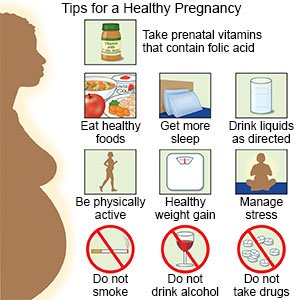
You’re now in the third trimester of pregnancy, and you’re getting closer and closer to meeting your baby. You may have to decide on the birth center and buy some baby gear because you have to use them when the baby arrives in the next few weeks. So here are some tips for doing about this week.
- Get some rest and sleep when you can.
- Drink plenty of fluids, especially water, to help prevent dehydration and constipation.
- Eat healthy foods and avoid processed or sugary snacks.
- Please start thinking about what you need for the hospital bag and start packing it up.
- If you haven’t already, now is an excellent time to start taking a pregnancy or birthing class to learn more about what to expect during labor and delivery.
Get some rest and sleep when you can
During the third trimester, it’s essential to get as much rest as possible. Your body is going through many changes, and you’ll need all the energy you can get. Try to take naps when you can and go to bed early.
Drink plenty of fluids, especially water, to help prevent dehydration and constipation.
It’s important to stay hydrated during pregnancy, and drinking plenty of fluids will help with that. Water is the best choice, but you can also drink fruit juices, vegetable juices, and herbal teas. Avoid sugary drinks like soda and sports drinks.
Eat healthy foods and avoid processed or sugary snacks.
Eating healthy foods will help you have more energy and feel better overall. Focusing on eating lots of fruits, vegetables, whole grains, and lean protein is a great approach to losing weight. Avoid processed foods and sugary snacks as much as possible.
Start thinking about what you need for the hospital bag and start packing it up.
As your due date gets closer, you’ll want to start thinking about what you need to pack for the hospital. You’ll need items like a going home outfit for the baby, your insurance information, and any medications you’re taking.
Relax your mind with affirmations.
It can be helpful to relax your mind by repeating positive affirmations for pregnancy to yourself. Some examples of affirmations you can use are “I am strong,” “I am capable,” “I am safe,” and “My body is amazing.”
You can also try birth affirmations which are good for labor, or hypnobirthing affirmations.
Advice for Partners during the 37th week of pregnancy:
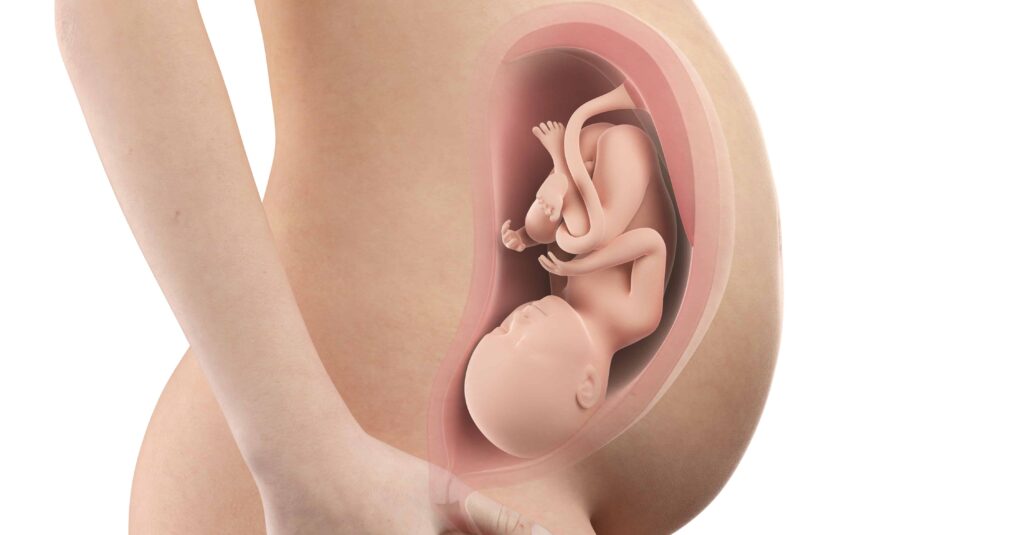
If you’re the partner of someone pregnant, it’s essential to be supportive and understanding. Here are some tips on being a good support system for your partner.
Be patient and understanding.
Your partner is going through many changes, and they may not be feeling their best. Try to be patient and understanding. Offer to help out around the house. Your partner may not be able to do as much as they used to. Offer to help out with cooking, cleaning, and child care.
Enough rest and sleep
Make sure your partner is getting enough rest and sleep. Pregnancy can be exhausting, so make sure your partner gets enough rest. You can help by taking over some of their chores or errands.
Encourage your partner to eat healthy foods and to stay hydrated.
Encourage your partner to eat healthy foods and to stay hydrated. Eating healthy foods will help your partner have more energy and feel better overall. Encourage them to eat plenty of fruits, vegetables, whole grains, and lean protein. In addition, please help them to avoid processed foods and sugary snacks as much as possible.
Be a good listener.
Be a good listener. Your partner may just need to vent or talk about their pregnancy fears. Be a good listener and try to offer support and understanding.
Attend prenatal appointments with your partner
Attend prenatal appointments with your partner. It can be helpful to attend prenatal meetings with your partner. This way, you can learn more about the pregnancy and what to expect. Plus, it’s a great way to show your support.
Take a birthing class together.
Take a birthing class together. Learning about the birthing process can be helpful for both of you. It can also help to ease any fears you may have. Try to relax and enjoy this time. Pregnancy can be a stressful time, but try to take some time to relax and enjoy this special time. Go on walks, read pregnancy books, or just spend time talking and bonding with your partner.
FAQs
Are 37 weeks good for delivery?
Yes, 37 weeks pregnant is considered a full-term for pregnancy. This means that the baby is mature enough to be born without any health concerns. However, it is regarded as premature if you go into labor before 37 weeks.
What are some signs of labor at 37 weeks pregnant?
There are several signs that labor may be beginning, even if your due date is still a few weeks away. These include:
- Contraction of your uterus at regular intervals
- Increased vaginal discharge that may be thick and bloody
- Back pain or pressure in the pelvis
- Cramps similar to menstrual cramps
- Diarrhea
- Nesting instinct, or the sudden urge to clean and prepare your home for the baby
If you experience any of these signs, it is important to contact your healthcare provider right away. They will be able to determine if you are in labor or if there is another reason for your symptoms.
What week is most common to go into labor?
The most common week to go into labor is week 40. However, it is essential to remember that every pregnancy is different, and labor can happen at any time from 37 weeks onward. Therefore, if you are concerned about going into labor early or if you have any signs of labor, it is essential to contact your healthcare provider right away.
Other Pregnancy Weeks:
- 1 Week Pregnant
- 2 Weeks Pregnant
- 3 Weeks Pregnant
- 4 Weeks Pregnant
- 5 Weeks Pregnant
- 6 Weeks Pregnant
- 7 Weeks Pregnant
- 8 Weeks Pregnant
- 9 Weeks Pregnant
- 10 Weeks Pregnant
- 11 Weeks Pregnant
- 12 Weeks Pregnant
- 13 Weeks Pregnant
- 14 Weeks Pregnant
- 15 Weeks Pregnant
- 16 Weeks Pregnant
- 17 Weeks Pregnant
- 18 Weeks Pregnant
- 19 Weeks Pregnant
- 20 Weeks Pregnant
- 21 Weeks Pregnant
- 22 Weeks Pregnant
- 23 Weeks Pregnant
- 24 Weeks Pregnant
- 25 Weeks Pregnant
- 26 Weeks Pregnant
- 27 Weeks Pregnant
- 28 Weeks Pregnant
- 29 Weeks Pregnant
- 30 Weeks Pregnant
- 31 Weeks Pregnant
- 32 Weeks Pregnant
- 33 Weeks Pregnant
- 34 Weeks Pregnant
- 35 Weeks Pregnant
- 36 Weeks Pregnant
- 35 Weeks Pregnant
- 36 Weeks Pregnant
- 38 Weeks Pregnant
- 39 Weeks Pregnant
- 40 Weeks Pregnant
- Birth Plan
- Baby Due Date Calculator
- EDD Calculation
- how many weeks pregnant I am

